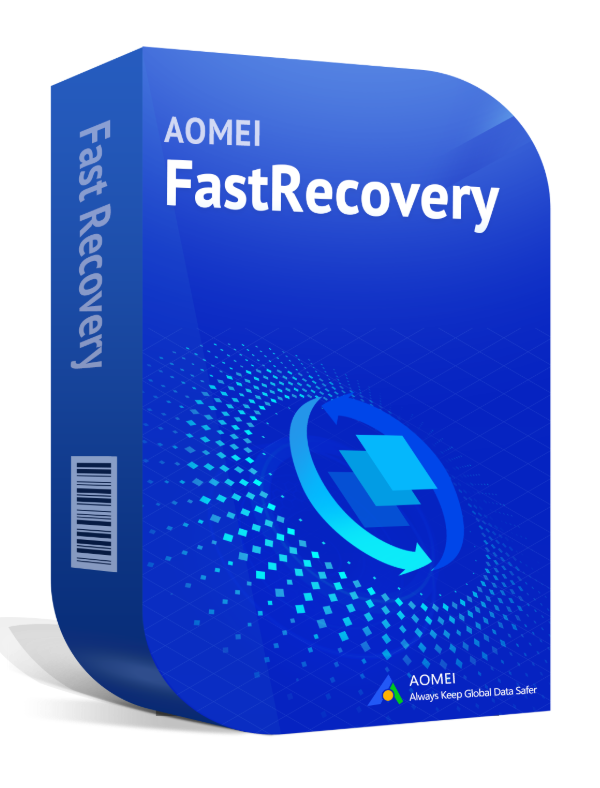(Solved) External Hard Drive Takes Forever to Load
Uncover the mysteries of why your external hard drive is dragging its feet during loading. From possible causes to practical solutions, this guide provides valuable insights.
Case: External Hard Drive Takes Forever to Load
Many users find themselves frustrated as their external hard drives take an eternity to load. Whether you're a professional managing important files or a casual user with precious memories stored, the prolonged loading times can be a daunting experience.
AOMEI FastRecovery: Recover Data from an Unresponsive External Hard Drive
If you are having trouble loading an external hard drive properly, first download and install AOMEI FastRecovery to recover the data. Do not format the hard drive as Windows prompts before performing external hard drive data recovery.

- Available in all Windows operating systems like Windows 11/10/8/7 and Windows Server.
- Provide 2 advanced scanning methods Quick Scan and Deep Scan.
- More than 200 types of files: recover Word documents, Excel, PPT, JPG, GIF, 3FR, MP3, MP4, MOV, VWM, ANI, ZIP, etc.
- You can filter, search, and preview deleted files during the recovery process.
- Provide a clear graphical user interface and simple operating steps.
Operating Steps for Recovery:
1. In AOMEI FastRecovery, hover the mouse over the drive saved deleted files before, and click Scan.
2. After Quick Scan and Quick Scan, you can see your deleted files and other missing files. You can type your filename in the search box to search for your lost files or use the Filter feature to locate your files quickly.
- Search: If you remember the file name or extension, you can use it to locate deleted files quickly.
- Filter: Set the file type (e.g.: image), date modified, and size to narrow down the search range.
3. At last, click on the Recover X files button to recover lost or deleted files.
4 Fixes to External Hard Drive Slow Access
Failure to display or detect a hard drive is considered one of the direct consequences of infinite loading. To overcome endless loading problems and extend the life of your old hard drive with loading problems, here are some useful solutions.
1. Check Power Supply
Ensure the power cable is securely connected to the external hard drive. If your external hard drive still delay in accessing files on external drive, try using a different power outlet to rule out issues with the current power source.
2. Update Drivers
Outdated drivers may hinder efficient data transfer between the external hard drive and the computer. So it's a wise choice to update them if it is not updated.
Steps:
1. Go to Device Manager.
2. Locate your external hard drive under "Disk drives" and right-click to update drivers.
3. Follow the on-screen instructions to complete the update.
3. Format the External Hard Drive
Formatting the hard drive will delete all data from the slow external hard drive. Make sure your important data is backed up. If the hard drive is already inaccessible due to extreme lag, first try using EaseUS data backup software to recover data from formatted external hard drive.
Step 1. Press Windows Key + R, type diskmgmt.msc in the Run dialog box and press Enter.
Step 2. In Disk Management, right-click the disk partition you want to format, and then select "Format".
Step 3. In the pop-up window, you can set the file system and cluster size, then click OK.
4. Change to a New External Hard Drive
If your computer takes a very long time to load the connected hard drive, this last method should be your final choice. Or worse, formatting the hard drive doesn't solve the problem at all.
Conclusion
Reviving your external hard drive doesn't have to be a daunting task. By understanding the causes, utilizing AOMEI FastRecovery for file recovery, and implementing the suggested fixes with corresponding steps, you can bid farewell to forever-loading external hard drives and welcome a faster, more efficient experience.


